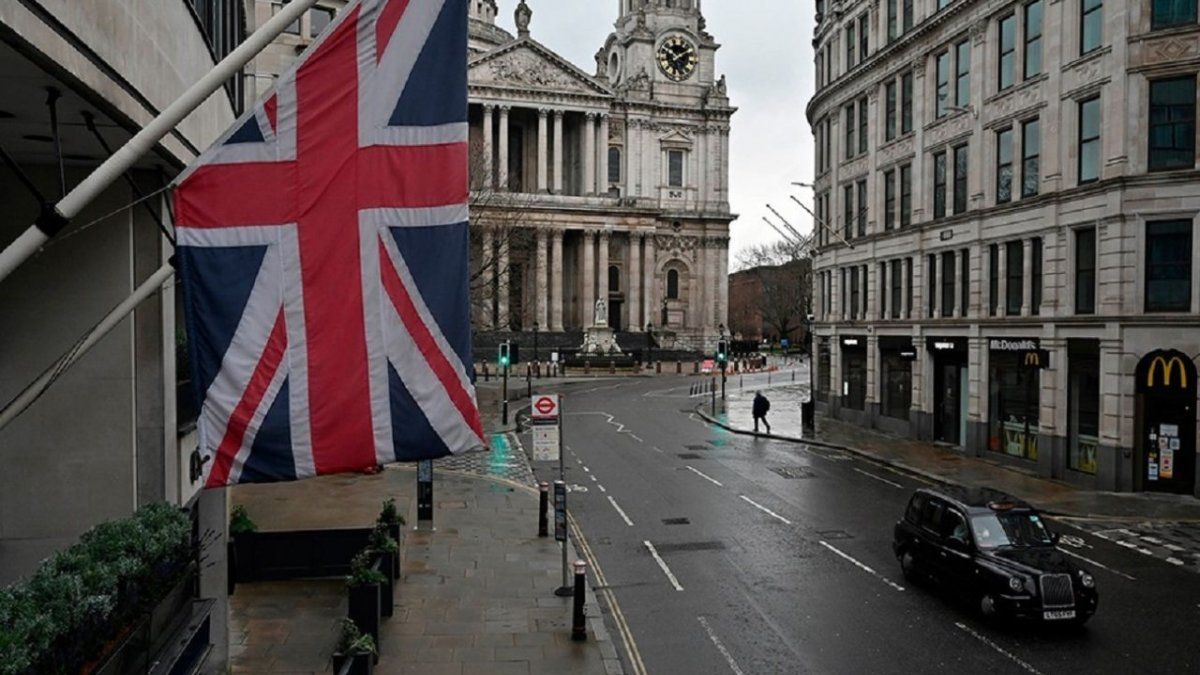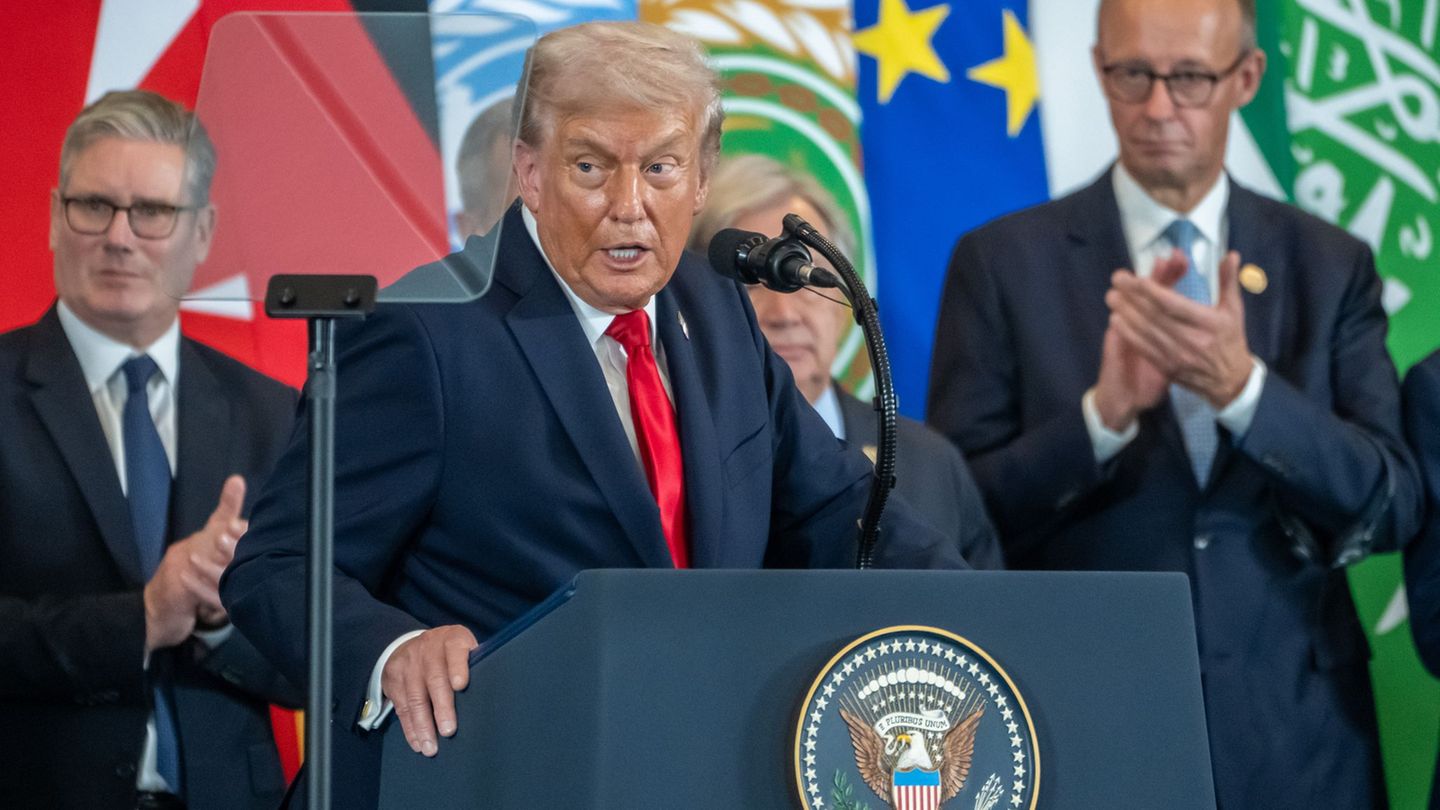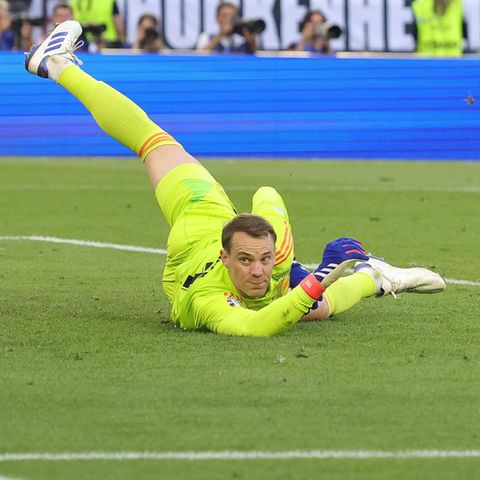The inflation of the United Kingdom it fell surprisingly to 7.9% year-on-year in June, reaching its lowest level in more than a year, a larger-than-expected decline after the 8.7% the previous month, according to official figures.
According to the data of the Office for National Statistics (ONS), This steeper-than-expected reduction is due to the decrease in fuel costs, the first drop in commodity prices since 2020 and a slowdown in the rate of increase in food prices.
Inflation: what will happen to interest rates
However, inflation is still almost four times higher than the official objective of the Bank of England (BoE) Of 2 %. According to the BBC, expert statements indicate that these figures also reduced the probability of a significant rise in prices. interest rates.
The BoE raised rates 13 times in a row from December 2021 in an attempt to bring down inflation, but as a consequence raised home borrowing costs for millions of Britons.
“The surprising decline in inflation in June changed our expectations about possible interest rate hikes,” said one analyst. Experts anticipated that the Bank would increase the base interest rate again to 5.25% in the next month.
However, with the recent slowdown in inflation, it is expected that the interest rate base only increases to a maximum of 5.75%, instead of the previously expected 6%.
United Kingdom
Reuters
Despite the recent decline, the United Kingdom it still has the highest inflation rate among the G7 nations, as ONS chief economist Grant Fitzner noted in an interview with BBC Radio 4’s Today programme, saying “there is still a long way to go.” .
The prices of thes food, energy and services experienced sharp increases from last year, putting additional pressure on households.
Despite this recent decline in inflation, experts caution that a return to the Bank of England’s 2% target cannot be expected until early 2025, according to Yael Selfin, chief economist at KPMG UK.
Source: Ambito




